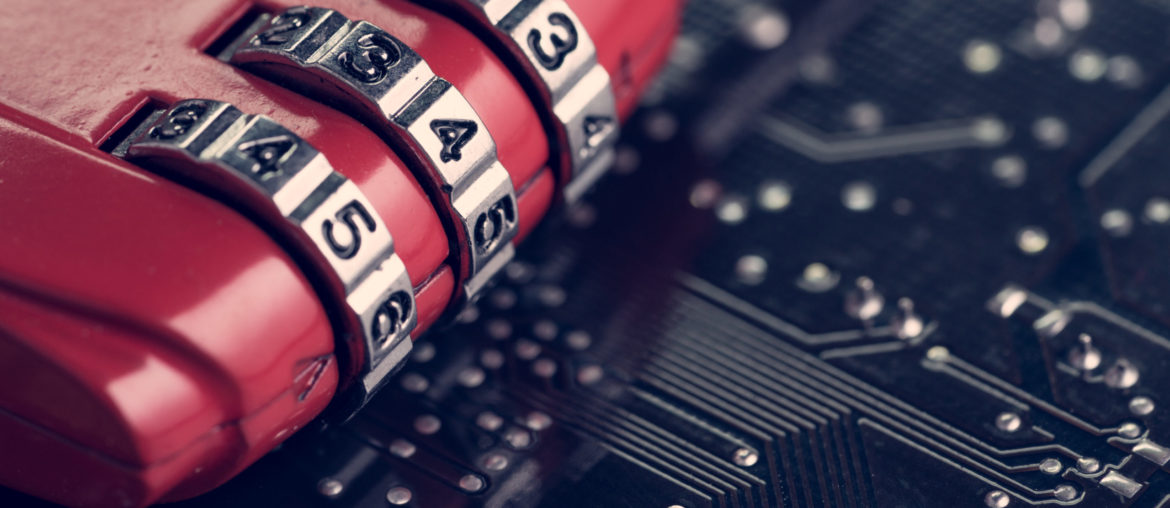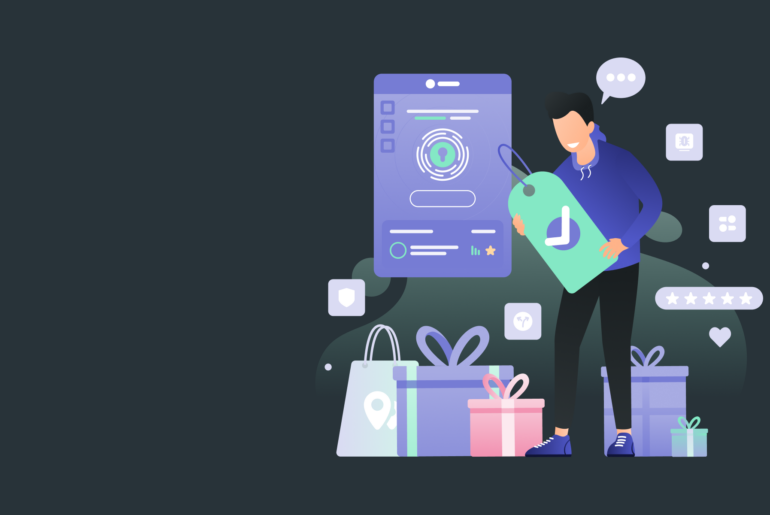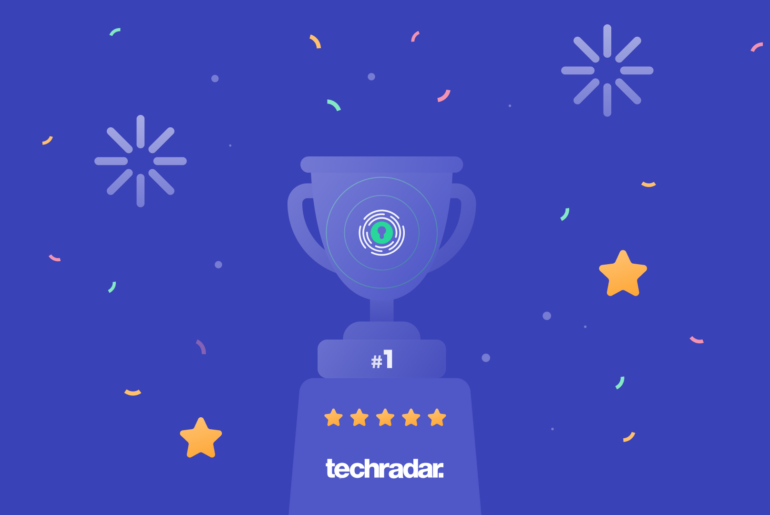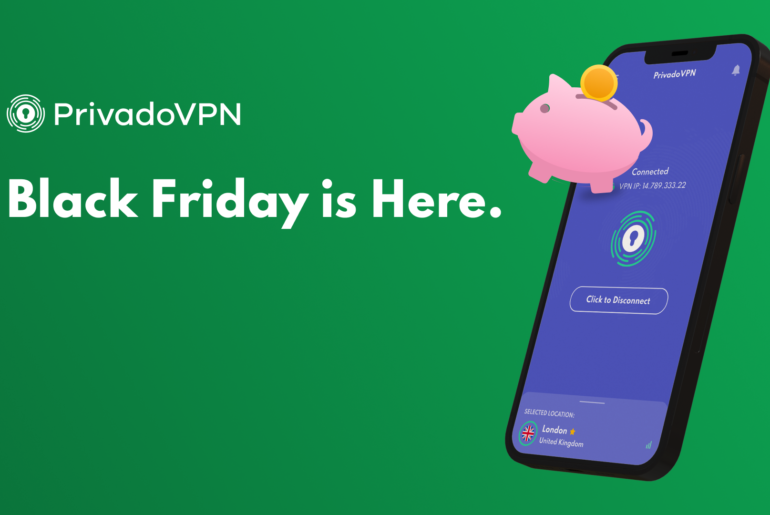As the world becomes more and more technologically driven, people are tethered to the digital world. That said, it is difficult to overstate the importance of encryption in today’s society. Encryption is what protects your data, your financial details, your messages, your phone conversations…you get the idea! Ultimately, encryption is THE protocol that guards your online privacy.
Considering the numerous online activities we engage in, we should continuously aim to adhere to the highest standards of security. Accessing public Wi-Fis, such as at your local coffee shop, hotel or airport, is risky. It can leave your everyday activities vulnerable to literally anyone who has access to the same Wi-Fi.
What Can a VPN Do?
We get it: you have a busy life. It is cumbersome to continuously think of digital security. However , we have a simple solution for you. Having a VPN when using public networks is the easiest way stay protected. It eliminates your risks of identity theft and online fraud. This was true ten years ago and it is even more relevant today. But, were you aware that your own internet service provider could be logging in your data? A VPN with strong encryption is the tunnel that can keep you safe online. This is true whether you are accessing the internet from home or in public. While it can be tempting to overlook your safety protocols, without encryption, a millisecond of connection is all it takes to hand out your data.
Privacy: A Fundamental Right
Like any other fundamental right, you should not overlook your digital privacy. Many argue that “if I am doing nothing wrong, then I should have nothing to hide”. This is perhaps one of the most flawed and irrational arguments used against encryption and privacy products. Privacy is not an act of hiding malicious activities; privacy is the right of freedom to having one’s own choices without being observed. In 1890, the technological developments of that time, (photography, combined with what was then called “yellow journalism”; or in today’s verbiage, “fake news”), lead future U.S. Supreme Court Justice, Louis Brandeis, to publish in the Harvard Law Review the first explicit declaration of a right to privacy in the United States. Brandeis wrote, “the right to privacy is the right to be let alone”. Fast forward to today, the right to privacy is in over 150 national constitutions.
Privacy in Today’s Political Climate
The global surveillance disclosures of 2013 started an international debate concerning online privacy. 7 years later, this debate is to reach a boiling point in 2020. Finally, governments recognize your right to have more access to your online privacy. They also want to stop businesses in the private sector from illegally profiting from your data.
The argument is that a person needs to be able to surf the web from the comfort of their own home without their ISP logging their movements, recording the visited sites and tracking the content that is being downloaded. Most people would find it unconscionable if they could not have confidential conversations with friends and family members in the sanctity of their own home. The same levels of privacy you expect in your personal life should also apply to your online life.
What Steps Can You Take Now?
Emerging technologies are altering the balance between privacy and disclosure. They need to be employed to protect the democratic process and not utilized to erode it. We believe that your privacy, such as the websites you view, the people with whom you communicate, your personally identifiable information and your online records should be protected at all times.
Privacy in the digital/online world is synonymous to liberty and should not be taken lightly. That is why we strongly recommend to act now, and use a VPN to protect your own privacy. PrivadoVPN operates in a jurisdiction outside of the United States and with more stringent laws to protect your privacy. We follow the lead of late Justice Brandeis and strongly believe that while you are online, “you have the right to be let alone”. We look forward to protecting you.




